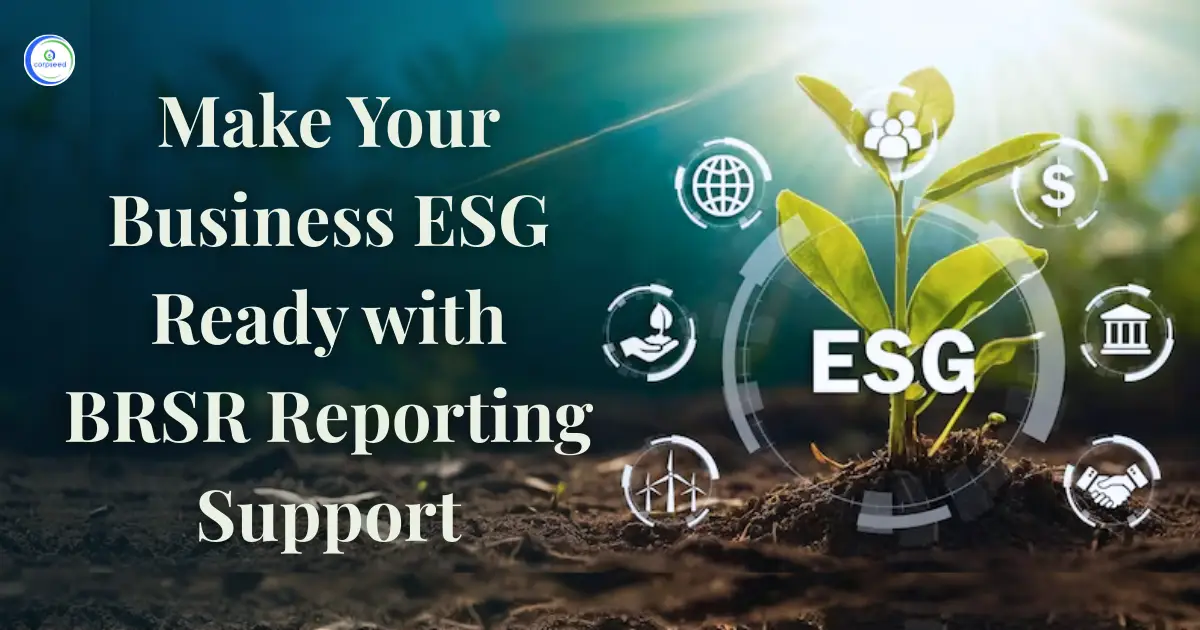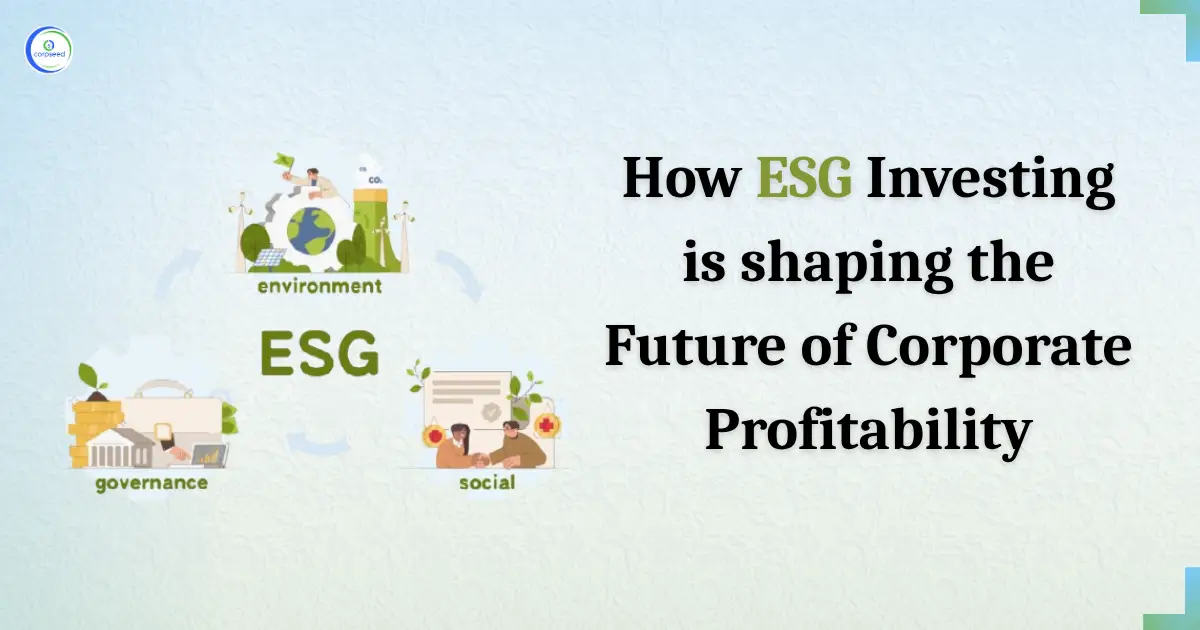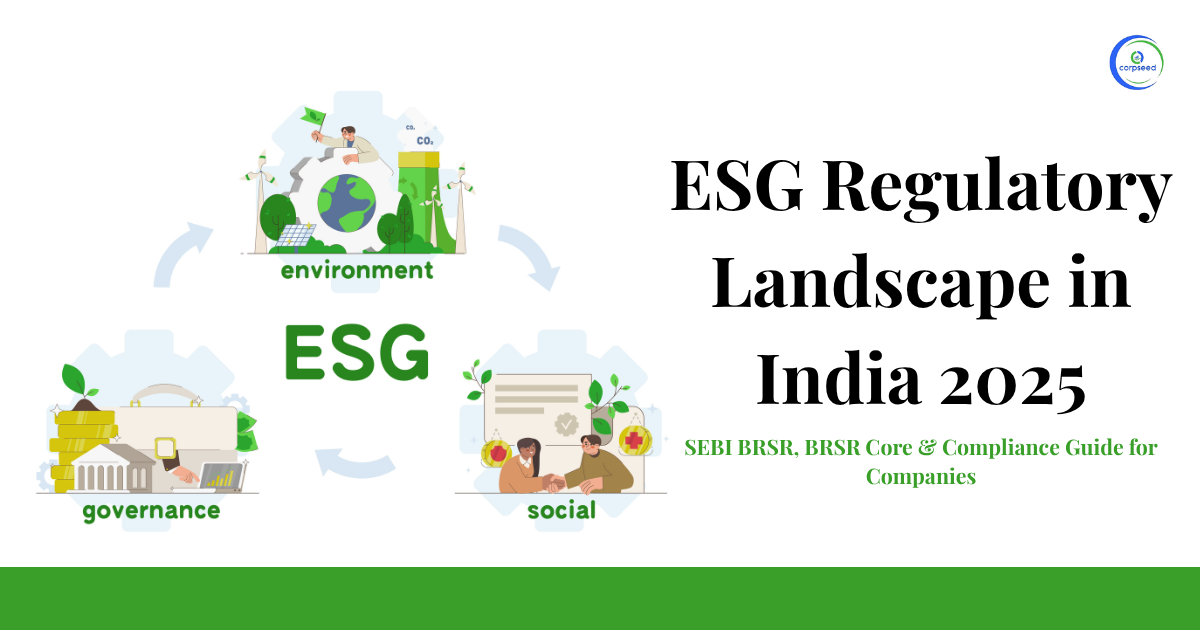In recent years, the concept of sustainability has evolved from being a niche concern to becoming a fundamental aspect of business strategy. For companies today, sustainability isn’t just about environmental conservation; it encompasses a broader commitment to responsible practices that balance economic growth with environmental stewardship and social equity.
Table of Contents
--------------Blog Contact Form-------------
What is Sustainability in Business?
Sustainability in business involves those practices and strategies supportive of long-term economic viability while considering environmental and social impacts. It is about creating value in a manner not compromise the ability of future generations to meet their own needs. This holistic approach is often encapsulated by the now-ubiquitous framework known as the "triple bottom line," a framework that summarizes performance based on three interconnected pillars:
- People - Social Sustainability: The pillar covers impacts related to society and stakeholders, like fair labor practice, diversity, and inclusion, community engagement, and generally social responsibility. Social sustainability ensures that business operations are positively impacting the employees, customers, suppliers, and societies in general.
- Planet (Environmental Sustainability): This is about minimizing the environmental footprint of business activities. It includes efforts to reduce carbon emissions, manage waste effectively, conserve natural resources, and mitigate negative impacts on ecosystems. Environmental sustainability offers protection for the planet and future generations.
- Business/Profit (Economic Sustainability): Though the traditional focus of any business has been on profitability, economic sustainability embraces more than just short-run financial gains. This is about keeping healthy finances in response to long-term economic challenges and creating value for all stakeholders. Economic sustainability makes sure the business will be resilient and will continue to be competitive.
Read Our Blog: What is Sustainability?
Why Is Sustainability Important for Businesses?
- Risk Management
Incorporating sustainability into the corporate culture helps reduce risks which pop up due to environmental and social factors arising around the company. Firms that do not follow such rules may be given penalties by regulatory bodies, may face legal litigation, and damage to brand reputation. For example, firms found with a non-pecuniary attitude toward environmental policies may find them being penalized through fines and lawsuits. Also, recent consumer awareness is increasing and people want companies to respond to these issues.
- Competitive Advantage
Sustainability will help an organization cut through a commodity market. Most organizations employing sustainability enjoy heightened brand reputation, customer loyalty, and the ability to attract top talent. With consumers and investors finding more sustainable companies, business features that also have these credentials are in a better position to leverage evolving market trends.
- Cost Savings
In turn, sustainable practices may provide substantial cost savings. For example, energy-efficient technologies and optimization of resources reduce operational costs. Most companies that have embraced investment in sustainability observe that initial costs associated with such ventures have gains in savings in the long run and operational efficiencies. Besides, waste reduction and resource use efficiency boost profit margins.
- Innovation and Growth
Sustainability brings innovation in developing new products, services, and processes that help solve environmental and social problems. A focus on innovation opens up new markets and revenue streams. Many companies, when they put sustainability into their business model, have come to find growth opportunities that perhaps they would have never found.
Read Our Blog: What is Sustainability and Why is it Important?
How to Implement Sustainability in Business
Implementing sustainability requires a strategic approach and a commitment to integrating responsible practices into every aspect of the business. Here are key steps to guide companies in their sustainability journey:
Develop a Sustainability Strategy
A good sustainability plan simply means having some well-defined goals and objectives, which would emanate from the mission and values of the company. The strategy must then incorporate the following elements:
- Vision and Mission: Clearly articulate the company's sustainability vision and mission in a simple statement form that brings out the core principles of guiding the efforts.
- Targets and Objectives: Design and implement SMART criteria for the objectives. It could be on targets of carbon emissions reduction, increased energy efficiency, or enhanced social impact.
- Work Plan: Set up a work plan that will detail all the actions that are expected to be in place to achieve the set sustainability objectives. It should include assigning responsibility and resources, while also timelines should be set.
Engage Stakeholders
The accountability of sustainability performance can be facilitated by stakeholder engagement. To achieve this, companies should:
- Identifying Key Stakeholders: These would involve recognition and prioritizing stakeholders, including employees, customers, suppliers, investors, and others such as local communities.
- Be transparent: Communicate the progress and challenges regarding sustainability goals to stakeholders regularly. It is transparency that gains trust and shows accountability.
- Feedback Inclusion: Stakeholders' input is important in refining sustainability strategies and also addressing concerns or expectations.
Integrate Sustainability into Operations
Sustainability needs to be embedded into the core of operations. Key areas include:
- Supply Chain Management: Very key would be research into the selection of suppliers for their sustainability practices. Encourage or request that suppliers adhere to environmental and social standards.
- Design and Product Development: Consider the lifecycle impacts of products - from raw materials through end-of-life disposal. Design products for durability, recyclability, minimal materials use, and minimum environmental impact.
- Energy and Resource Management: Implement effective technologies that reduce energy consumption; minimize waste; and protect natural resources. Provide routine reporting of resource usage and emission output
Monitor and Report Progress
Accountability and further improvement require tracking progress and reporting on sustainability performance. Companies should:
- Establishment of Key Performance Indicators: Setting the KPIs to measure progress towards the state of sustainability. Measures will involve energy use, waste reduction, employee satisfaction, and community involvement.
- Regular Auditing: Audit internally and externally to understand the compliance to set norms of sustainability and find improvements.
- Publish Sustainability Reports: Prepare and publish reports of sustainability with achievements, challenges, and future strategies; GRI or SASB-established reporting formats.
Read Our Blog: ESG Sustainability Performance Metrics - Its Significance For Investors
Overcoming Challenges in Sustainability
While the pursuit of sustainability offers so many advantages, it too has some of its costs:
- High Initial Costs
The practice and technologies involved in sustainability require a lot of companies to make upfront investments that for some businesses may bar them from considering the shift. These are usually offset by savings obtained and efficiencies in the longer run. Not all investments in sustainability should be viewed solely as financial decisions but rather as strategic decisions. Companies could argue that they cannot afford to invest in sustainability, given their competitive priorities.
- Complexity
Sustainability involves going through complexities of issues in quest of balancing various interests of the stakeholder. Complexities can be managed through a well-thought-out plan and an ability to adapt to changing circumstances.
- Evolving Regulations
Environmental and other social regulations like these are not static. Companies have to stay abreast of these changes and appropriately realign their practices. Being a step ahead about regulatory trends can also present opportunities for leadership and innovation.
Read Our Blog: ESG Reporting: ESG reporting and Preparation of a Sustainability Report
Case Studies: Examples of Sustainability in Action
- Patagonia
Patagonia is an outdoor wear company renowned for its eco-friendliness. The brand emphasizes using recycled materials for its products, and it also offers a "Worn Wear" program to maximize such products for use to minimize environmental degradation. It invests in environmental activism. The commitment of Patagonia to sustainability has strengthened its brand and harnessed a loyal customer base.
- Unilever
Unilever is a consumer goods firm that has placed sustainability at the heart of its business strategy from an international perspective. It is in the direction of the company's Sustainable Living Plan, reducing environmental impacts, enhancing health and wellbeing, and improving livelihoods. The commitment to sustainability has helped to contribute to the growth and resilience of Unilever in the marketplace.
- Tesla
Tesla is well positioned at the forefront of sustainability in the automotive industry, being an electric vehicle manufacturer. Tesla has been very much into innovating and contributing toward a low-carbon economy through the provided focus on electric vehicles and renewable energy solutions. The emphasis on sustainability places the company as a leader in the transition toward a more sustainable transportation sector.
Future of Sustainability in Business
In the future, sustainability in business is likely to play an even more important role. Increasingly, consumers are asking for a commitment to responsible practices by businesses, and in some cases, investors and regulators are demanding actions toward such corporate responsibility. It better positions a business to thrive in a world that is rapidly changing.
Key trends to watch will be:
- More Emphasis on Circular Economy: There will be a greater effort on the part of firms to embrace the concept of the circular economy, focusing more on recyclations, material reuse, and waste reduction.
- Increased Importance of Social Responsibility: More significance will be given to social sustainability whereby issues like diversity, equity, and others that concern communities will be dealt with directly by the companies themselves.
- Integration of Technology: The advancement of technologies, such as artificial intelligence and blockchain, will play major roles in establishing the practices of sustainability more effectively and bring transparency in the process.
Conclusion
Sustainability in business involves more than environmental stewardship. The essence of sustainability is value creation a way that creates value for people, the planet, and for profit. Companies can reduce risk, ensure competitive advantage, save costs, and innovate through the integration of sustainable operations. While challenges are presented, the benefits of embracing sustainability far outweigh the difficulties.
Operating in an increasingly complicated, interconnected world, the commitment to sustainability will add to global well-being and position companies for long-term success. Companies can actually make the greatest contribution toward a more sustainable future by truly grasping and applying the principles of sustainability.
This portion of the site is for informational purposes only. The content is not legal advice. The statements and opinions are the expression of author, not corpseed, and have not been evaluated by corpseed for accuracy, completeness, or changes in the law.
BOOK A FREE CONSULTATION
Get help from an experienced legal adviser. Schedule your consultation at a time that works for you and it's absolutely FREE.









